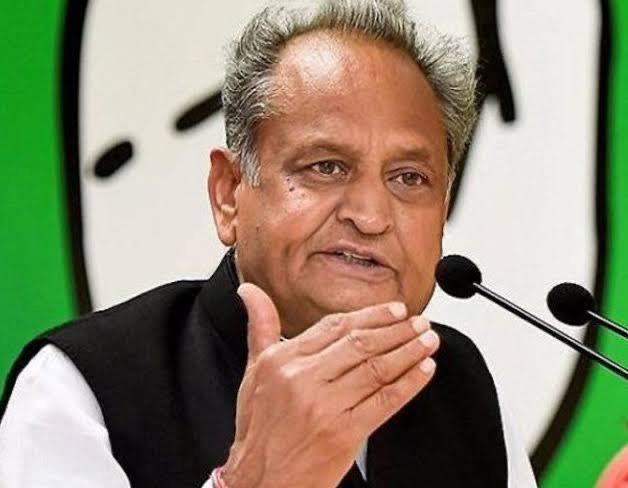
In a bid to counter the political narrative propagated by the BJP party and address farmers’ issues, the Ashok Gehlot government in Rajasthan is all set to present four significant bills during the ongoing session of the Legislative Assembly. These bills aim to provide crucial debt relief to farmers and include the formation of a Farmers’ Commission.
The proceedings of the current session of the Legislative Assembly resumed on Tuesday, and the government wasted no time in bringing the Rajasthan State Farmers’ Debt Relief Commission Bill-2023 to the forefront. With its passage, the much-awaited Farmers’ Commission will be established, playing a pivotal role in resolving disputes related to farmers’ loans.
The Farmers’ Commission holds immense potential to offer respite to distressed farmers grappling with loan burdens, especially in the aftermath of crop failure. Farmers will now have the option to apply for loan waivers through the commission, thereby mitigating the financial burden they face in times of agricultural distress.
Furthermore, the Farmers’ Commission will serve as an advisory body to the government, providing crucial insights into the implementation of loan waivers or assistance schemes for farmers. During the commission’s proceedings, farmers who are unable to repay loans under any circumstances can be declared as “distressed farmers.” This declaration will ensure that banks and financial institutions are barred from forcefully recovering loans from such individuals.
The bill bestows the Farmers’ Commission with court-like powers, further empowering it to make decisions regarding the settlement of loans obtained from banks based on negotiations with distressed farmers. In a proactive measure, the commission can summon banks for hearings and engage in discussions concerning extending loan installments or reducing interest rates, thus ensuring a fair and transparent process.
The tenure of the Farmers’ Debt Relief Commission is set at three years. Both the Chairman and members of the commission will serve a three-year term. The government retains the authority to extend the commission’s tenure and take appropriate measures, including the removal of any member if deemed necessary.
The Chairman of the commission will be a retired High Court judge, and it will consist of five other members. Notably, the commission will include retired IAS officers holding the rank of Additional Chief Secretary or Principal Secretary, retired judges from district and session courts, experienced professionals from the banking sector, and an agricultural expert. The Additional Registrar of Cooperative Societies will act as the Secretary of the commission.